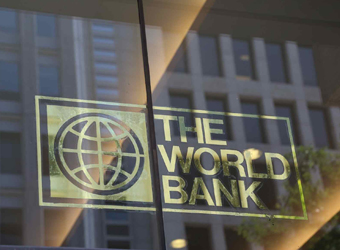Egypt’s gross domestic product is projected to grow to 4.9 percent by 2018, suggesting ongoing reforms and improved business climate provide further impetus to industrial activity and exports, the World Bank has said.
The report, Global Economic Prospects 2018: Middle East and North Africa released on Tuesday, said that Egypt’s growth remained broadly stable at 4.2 percent in financial year 2017, which started from July 1, 2016 and ended on June 30, 2017.
The devaluation of the Egyptian currency has had a positive impact on competitiveness in the country, contributing to strong industrial production, investment, and exports in the second half of the fiscal year, the World Bank report showed.
It said that Egypt experienced strong industrial production, investment, and exports, supported by the effects of the devaluation on competitiveness.
In Egypt, the move to a floating exchange rate has improved competitiveness and provided a needed boost to industrial activity and exports, which are expected to strengthen further as the business climate improves.
There is scope for a further recovery of tourism, an important revenue source in oil importers (e.g., Egypt and Morocco), if geopolitical tensions remain contained, the report said.
The report went on to state that growth in the Middle East and North Africa is estimated to have slowed sharply to 1.8 percent in 2017 from 5 percent the year before.
